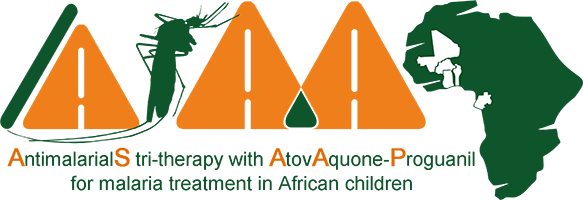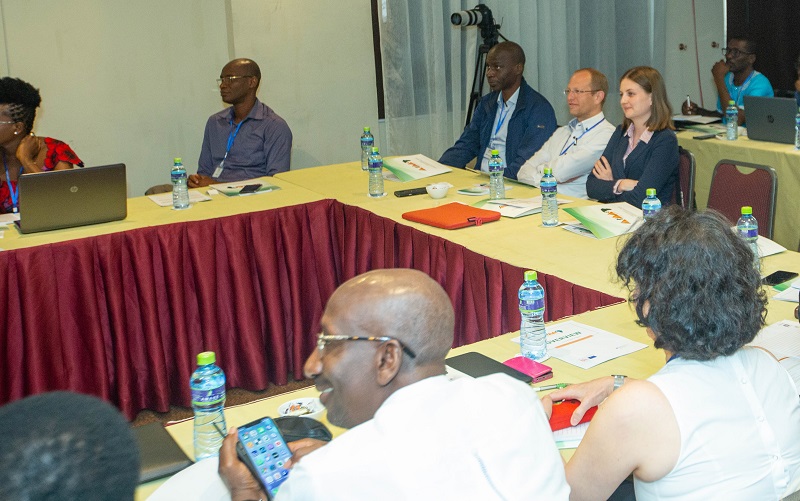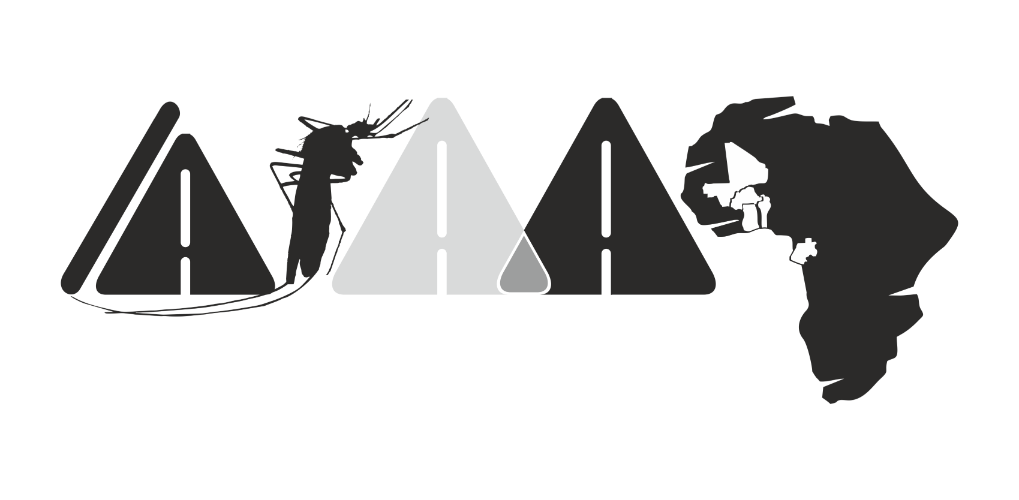Susceptibility to Artemisinin-based combination therapies (ACTs) currently remains high among the African Plasmodium falciparum population, but resistant mutant has been detected recently. To mitigate the risk of resistance leading to a dramatic increase in malaria related mortality, more efficient ACTs need to be urgently explored for quick deployment in Africa.
Artemether-lumefantrine (AL) is widely used and shows high efficacy and favourable safety in Africa but needs to be protected to increase its useful lifespan. Atovaquone-proguanil (AP) is highly efficacious, safe and resistant parasites are not circulating in any endemic area. AP targets multiple parasite stages -liver and blood in human host, and mosquito- through an independent mode of action, limiting the risk of cross-resistance with current ACTs.
The aim of the project is to assess the efficacy of a triple-therapy associating artemether-lumefantrine (AL) and atovaquone-proguanil (AP) for the treatment of uncomplicated P. falciparum malaria in African children in a non-inferiority comparator-controlled trial.
A phase III clinical trial will be conducted to compare safety and cure rate of a 3-day treatment course with AL+AP versus AL in 1,664 consenting 6 to 70 months children with uncomplicated malaria from Benin, Gabon, Ghana and Mali. The main outcome will be cure rate at day-42, excluding reinfections. Antimalarial pharmacokinetic parameters and post-treatment prophylactic efficacy will be estimated for the two treatments and compared. Sub-studies will look at transmission-blocking efficacy through membrane-feeding assays and gametocyte dynamics, drug resistance selection.
By proofing that AL+AP has safety and cure rate similar to AL, this project will lead to important public health-level benefits by provision of a first candidate regimen to be deployed when ACT resistance spreads throughout Africa and by decreasing human to mosquito transmission.



